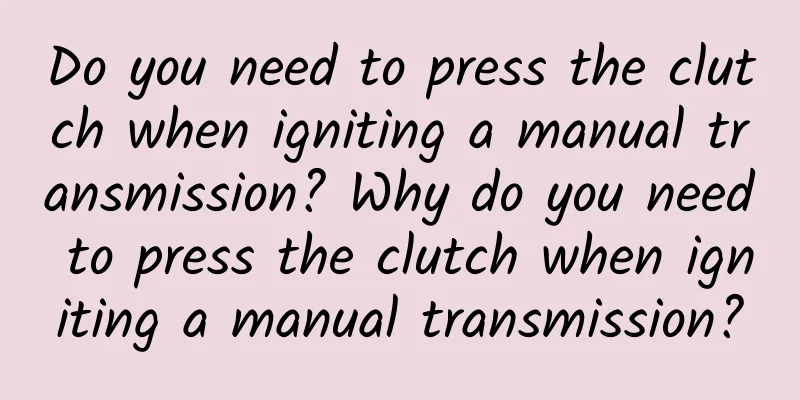Left rib pain during late pregnancy

|
Some pregnant women experience rib pain in the late stages of pregnancy. There are many reasons for this phenomenon. It may be because the fetus is larger, causing the diaphragm to move upward, and the pregnant woman changes from abdominal breathing to chest breathing, which has a pulling effect on the ribs. It may also be due to the increased demand for calcium, resulting in calcium deficiency. Let’s take a closer look at it below. In the late stages of pregnancy, the fetus has grown very large inside the pregnant woman's body. At this time, pregnant women will experience a lot of physical discomfort. These discomforts are often caused by pressure from the fetus. Many people hope that they can give birth to their babies smoothly, so they are very vigilant about changes in their bodies. So what causes rib pain in late pregnancy? 1. What causes rib pain in late pregnancy? Rib pain in the late pregnancy is generally normal and is caused by the fetus pressing on the nerves. It may also be that the pregnant woman is calcium deficient, or the enlarged uterus causes the diaphragm to rise and the chest cavity to expand, which will cause rib pain. If this pain is always very intense, consider whether you have periostitis and you must go to the hospital for an ultrasound examination. You must pay more attention to rest during the later stages of pregnancy. Count fetal movements on time every day to prepare for delivery. 2. What are the precautions in late pregnancy? First, in the late pregnancy, you should pay attention to prenatal check-ups, which should generally be done once a week. Second, in the late stages of pregnancy, you should pay attention to improving your nutrition, ensuring adequate sleep, and also pay attention to hygiene and do some moderate exercise. Third, in the late stages of pregnancy, you should pay attention to controlling your salt intake, avoid doing too much heavy work, and it is not advisable to take a bath in a tub. When the fetal movement is less than 20 times within 12 hours or the fetal heart rate is less than 120 beats per minute and more than 160 beats per minute, go to the hospital for examination immediately. If you experience vaginal bleeding, lower limb edema, a sudden increase in blood pressure, or irregular uterine contractions before 37 weeks, you should go to the hospital for examination in time. |
<<: Is uterine fluid accumulation during pregnancy serious?
>>: Back pain after cesarean section
Recommend
Nine "dead spots" of women's fertility problems
1. Age is the biggest culprit for fertility Eggs ...
What to do if your breasts are small? Simple method
What should I do if my breasts are naturally smal...
How to prevent junctional mucinous ovarian cysts
Ovarian cysts are a very common disease in women....
Drinking for fun? Beware of alcoholic liver disease
Author: Shen Lijun, deputy chief physician of the...
How to remedy drinking coffee during menstruation
You cannot drink coffee during menstruation becau...
Where does a woman's menstruation come from?
There are many women in our lives who are particu...
The impact of pregnant women holding urine on the fetus
There are many things that pregnant women need to...
How can women slim down their calves?
Some white-collar workers rarely have time to exe...
How many months can you take Diane 35 to regulate menstruation?
Key reminder: Menstrual irregularities are a comm...
What are the symptoms of cessation of development of pregnant women?
There are many pregnant women whose babies have s...
What causes vaginal itching during pregnancy?
We all know that women's physiological cycles...
Uterine fibroids should be vigilant if menstruation decreases
Uterine fibroids are a common gynecological disea...
Is it accurate to test whether you are not pregnant after 16 days of intercourse?
Women are very likely to become pregnant if they ...
What to supplement for hair loss during breastfeeding
Some women are born with less hair, and after giv...
How to get to the Ruins of St. Paul's in Macau Macau Attractions Route Day Tour
Macau is one of my country's special administ...









![[Medical Q&A] How to identify the early symptoms of Alzheimer's disease?](/upload/images/67f0e691316a8.webp)